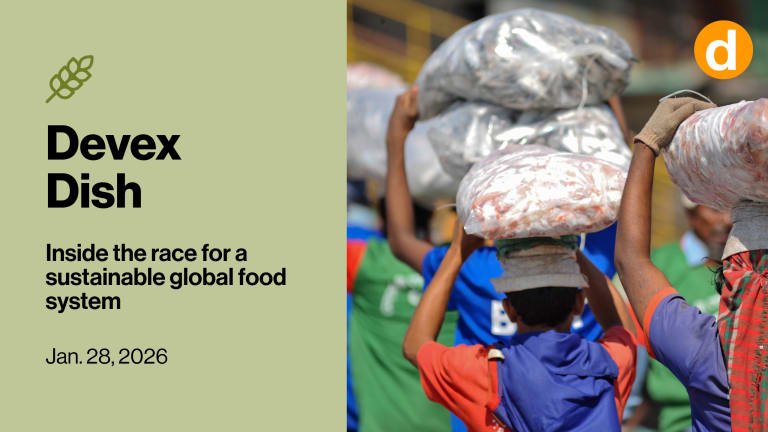Ndidi Nwuneli knows a thing or two about social change and starting businesses in Africa after helping launch 20 social innovation ventures. What she’s learned, not only through her own experience but through interviews with about 80 organizations for her new book is that change comes slowly, but there are ways to accelerate progress.
“The sad reality is that many other social entrepreneurs and innovators operating in the private, public and nonprofit sectors share my frustrations about the slow and arduous pace of social change,” Nwuneli writes in her new book, “Social Innovation In Africa”.
Nwuneli, an alumna of Harvard Business School and the Wharton School of the University of Pennsylvania, spent about a year interviewing social entrepreneurs in a number of African countries to uncover the reasons behind the slow progress on the continent and provide insight into best practices that could help the development sector do a better job. Here are the highlights of our recent conversation with Nwuneli.








